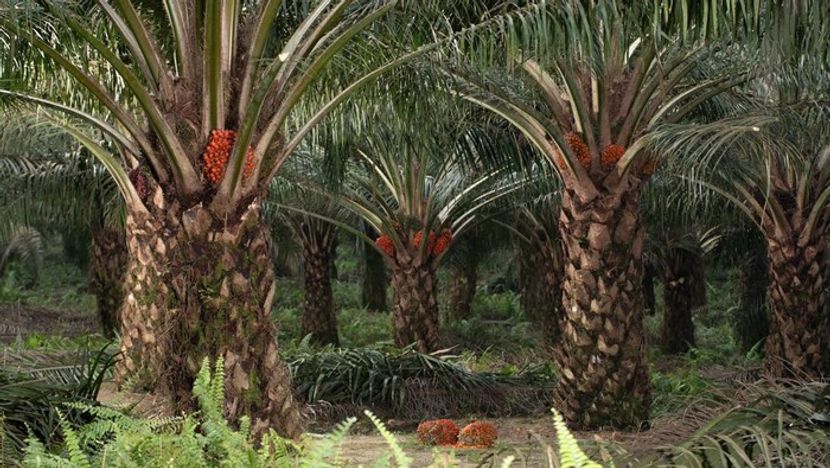Indonesian government plans to vigorously develop palm oil downstream industry

The government continues to promote industrial downstream programs, one of which is the agribusiness sector such as palm oil, as the export value of this commodity is worth hundreds of billions of rupiah.The Director General of Agro-Industries of the Ministry of Industry stated that palm oil is one of the commodities for which an industrial downstream program has been successfully implemented so far. This is evidenced by the significant increase in the number of palm oil downstream products developed in the last 10 years, whereas previously the palm oil downstream industry produced only 45 products, now palm oil downstream products are more than 200. Palm oil is an exemplary and successful example of industrial downstream, whether it is the production of palm oil derivatives for food (oleofood), non-food (oleochemical), renewable fuels (biofuel), or new environmentally friendly materials (biomaterial), with a sustainable industrial scale. In addition to this, the economic growth results of the upstream and downstream industries of palm oil in Indonesia is another proof of the performance of the downstream industry, so palm oil is now categorized as a competitive agro-processing industry sub-sector.The data for 2023 shows that exports of palm oil and its derivatives amounted to Rp 450 trillion, accounting for 11.6% of total non-oil and gas exports.Overall, the business amounted to Rp 800 trillion. The industry also absorbed a labor force of 16.2 million people, including indirect labor involving plantation businesses or small farmers.
Seeing this great potential, they will continue their efforts to support parties in developing technological innovations in the palm oil processing industry, both in the upstream plantation sector and in the downstream sector of the processing industry. They also seek to promote the development of industrial technologies through the development of innovation-friendly policies and the matching of parties in the commercialization of new innovations. The government will form a multi-party consortium to conduct research activities, and one successful example of a research consortium facilitated by the Ministry of Industry is the palm oil-based edible coating technology to extend the shelf life of tropical fruits. This research, supported by the Ministry of Industry, has been successful in linking industrial needs with research innovation and is currently undergoing commercialization for food grade certification. In addition, in order to encourage the use of modern technology and to encourage research activities, the Ministry of Industry has carried out various strategic efforts, such as the implementation of a reorganization plan for production machinery and equipment, and has also established the Indonesian Manufacturing Center (IMC) to support this research collaboration. The government is very open to the use of IMC to facilitate the subsequent development of research results until they are commercialized. They are also encouraging companies in the palm oil processing industry to establish research centers in Indonesia.

